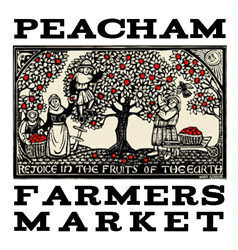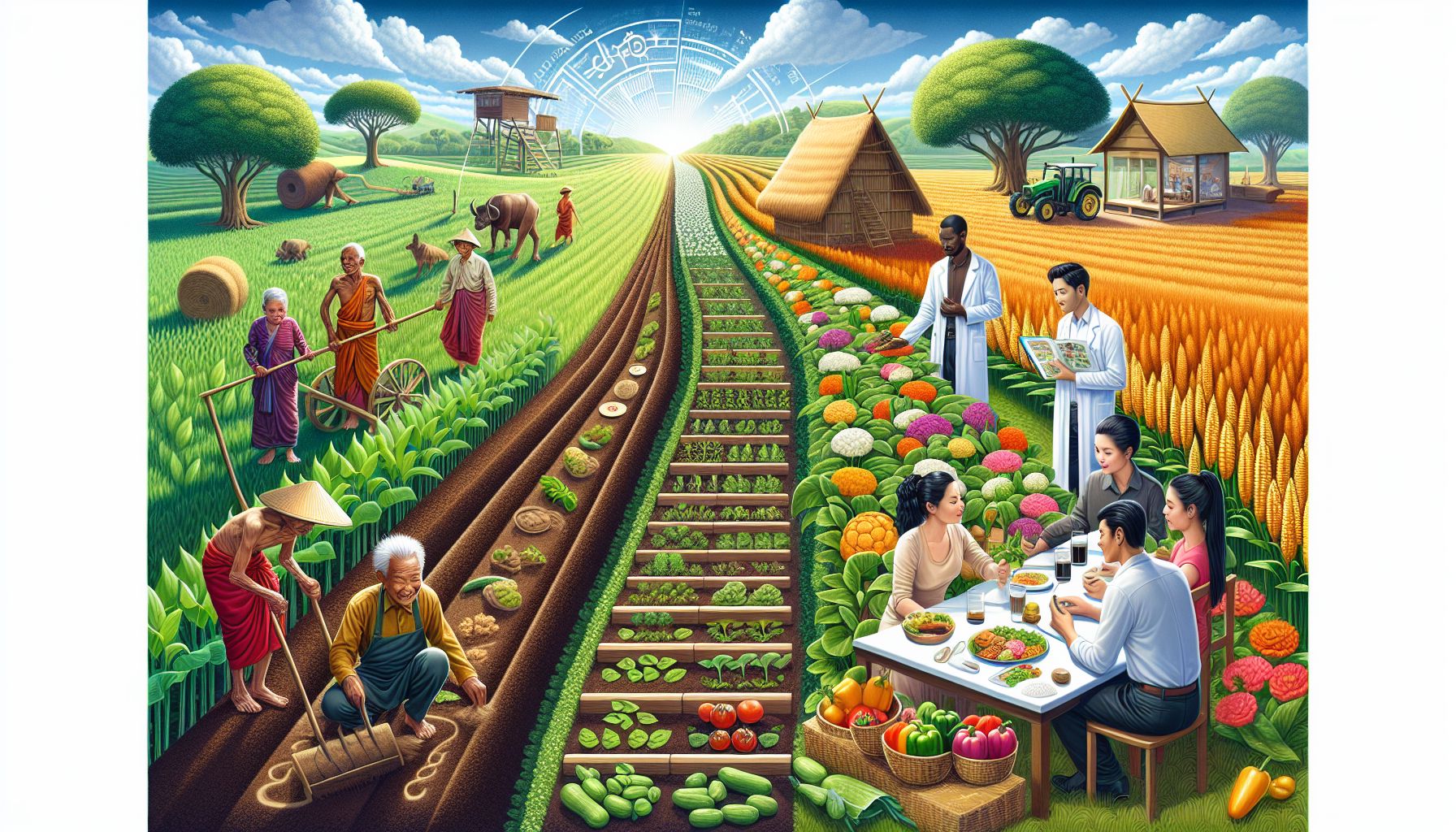As technology continues to advance and our lives become more fast-paced, it’s easy to overlook the importance of farming in our daily lives. But the truth is, farming plays a crucial role in shaping economies and ecosystems, and it is essential to understand and appreciate the efforts of our farmers.
Sustainable farming, in particular, has gained more attention in recent years as society becomes more conscious of our impact on the environment. It is a farming method that focuses on long-term productivity and environmental preservation, rather than short-term profit. With that in mind, let’s dive into the world of sustainable farming, its challenges, and its role in shaping the food we eat.
The Advent of Sustainable Farming
The concept of sustainable farming can be traced back to the early 20th century when farmers started realizing the negative impact of traditional farming methods on the land. As technology advanced, farmers could produce more crops in less time, but at the cost of using chemical fertilizers, pesticides, and monoculture farming. This led to soil degradation, loss of biodiversity, and potential harm to human and animal health.
In response to these challenges, sustainable farming was born, focusing on balancing productivity with environmental protection. It involves using natural methods to maintain soil fertility, managing pests and diseases through cultural practices, and promoting crop diversity to support the ecosystem. Moreover, sustainable farming also promotes ethical and fair treatment of farm workers, ensuring their health and well-being.
How Technology is Revolutionizing Sustainable Farming
One might think that traditional farming is outdated and technology is the way to go. However, technology and sustainable farming can go hand in hand. Tools like precision farming, drip irrigation, and soil sensors help farmers monitor their crops’ growth and make informed decisions. Moreover, advancements in genetic engineering have also led to the development of more sustainable and resilient crops that can withstand extreme weather conditions and pests.
Challenges Faced by the Farming Community
Despite the potential benefits of sustainable farming, it is not without its challenges. One of the biggest challenges is the high cost of implementing sustainable practices, which can be a barrier for small-scale and developing farmers. Additionally, the lack of knowledge and technical support in some regions can also hinder the adoption of sustainable farming methods.
From Farm to Table: Exploring the Stories and Traditions behind Food
One of the best ways to appreciate the efforts of sustainable farming is through food. Each dish carries a story and tradition, and understanding their origins can be a journey in itself.
Take for example the famous Italian dish, pizza, which originated from the country’s traditional farmers. They used to bake their flatbread in wood-fired ovens at the end of their harvest season to celebrate their hard work. Now, pizza has become a staple food in many countries worldwide, and we can trace its roots back to these traditional farmers.
From Asia’s flavorful and spicy curries to Europe’s hearty stews, each dish has been shaped by the cultural traditions and farming practices of their respective regions. By learning more about the food we eat, we can develop a deeper appreciation for the hard work and dedication of farmers worldwide.
The Future of Farming and Sustainable Living
As the world’s population continues to grow, the demand for food will also increase. Sustainable farming practices will play a crucial role in meeting this demand while preserving the environment. Governments and organizations are also taking strides to support sustainable farming through initiatives and subsidies.
In our individual capacity, we can also contribute to sustainable living by opting for locally sourced and organic produce, reducing food waste, and being mindful of the environmental impact of our food choices.
Conclusion
Farming has evolved from traditional methods to incorporating modern technology and sustainability. As we continue to advance, it is crucial to remember the significance of sustainable farming in shaping our world. Let’s appreciate and support our farmers, learn about the food we eat, and work towards a better and more sustainable future for all.

